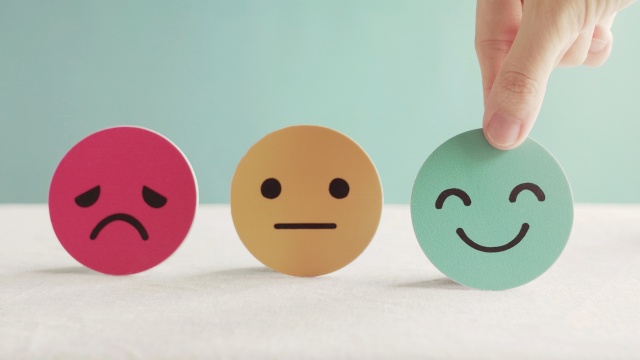Bogus Psychology Studies More Likely to Go Viral

At the beginning of the 21st century, psychology was becoming a little too popular. Studies based on small groups of college undergraduates were becoming widespread and were used to explain every aspect of human behavior. The results of these studies were shared through motivational speeches, mediocre self-help books, and short magazine articles, making many people believe that they were well-informed about psychology.
The Replication Crisis in Psychology
However, in the early 2010s, this bubble burst. Scientists attempted to replicate previous research and perform the experiments again with new subjects and more stringent methods. Unfortunately, the results of many of these repeated experiments failed to replicate the original findings. Even previously established phenomena such as social priming and "power posing" were debunked. This led to a "replication crisis" in psychology.
Psychologists are now learning from their mistakes and making changes, such as using larger and more diverse sample groups, publishing their experimental methods in advance, and using stricter statistical analysis. This may help the field regain its credibility.
A team of researchers from University College London, University of Notre Dame, and Northwestern University created a machine-learning model to assess the replicability of psychology studies. They used this model to analyze over 14,000 papers published in six top-tier psychology journals between 2000 and 2019. The results of this study were published in PNAS.
Not All Psychology Research is Created Equal
The researchers found that research focused on personality had the highest likelihood of replicating at 55%, while research in developmental psychology had the lowest chance of replicating at 36%. Scientific papers in the popular field of social psychology had a mere 37% chance of replicating.
The researchers also found that papers written by authors with more publications were more likely to replicate, while papers that were often cited were no more likely to replicate. Additionally, they found that papers that received more media attention were less likely to replicate. The authors advised that the media should remind their audience that new and novel scientific results are only preliminary and should be confirmed through replication before being considered robust.
However, there was some good news from the study. The average replication scores increased between 2010 and 2019, which is a positive sign that psychology may be moving past its replication crisis.